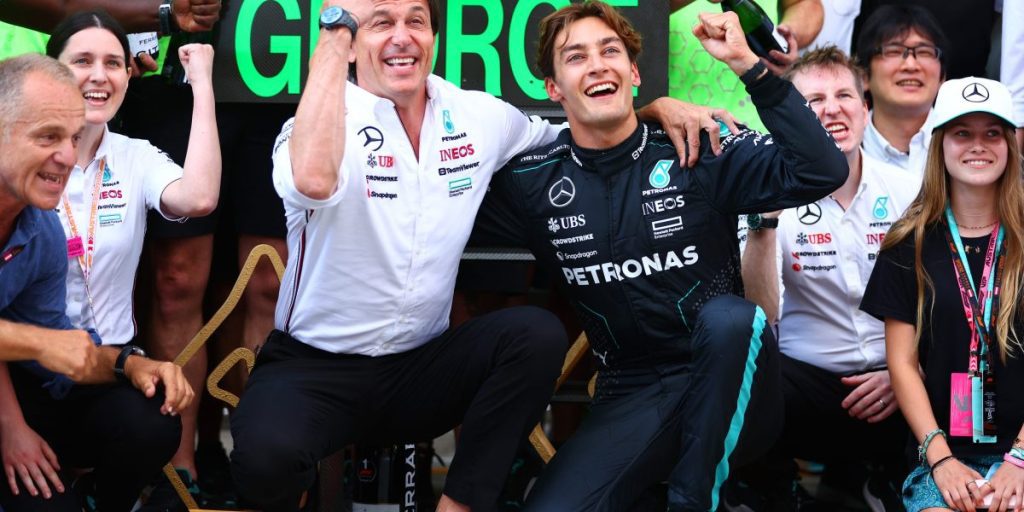Gen Z constitutes a quarter of the global workforce, yet this new demographic group is far from homogeneous. Toto Wolff, the CEO and team principal of the Mercedes-AMG Petronas Formula 1 Team, argues that it is unfair to generalize the working styles of an entire generation.
Wolff’s experience with Gen Z employees is firsthand. As the 2025 F1 season commenced, Mercedes refreshed its driver roster—adding 18-year-old rookie Kimi Antonelli alongside 27-year-old George Russell, following the exit of veteran driver Lewis Hamilton to Ferrari. Mercedes, a team with a rich history of wins, recently confirmed this duo will continue for the 2026 season.
Despite both drivers being classified as Gen Z, Wolff notes the diversity in their skills and requirements. “I have two very different drivers: a young English gentleman and an Italian rock-and-roller,” he explained. “It’s quite inaccurate to say they are all the same, that Gen Zs are a uniform group.”
Gen Z has garnered a negative reputation in the workplace, with New York University adjunct professor Suzy Welch labeling them “unemployable.” Growing up during a global pandemic and unstable economy, this generation faces stereotypes of laziness, further emphasized by trends like quiet quitting and career minimalism, which advocate for better work-life boundaries.
From Gen Z’s viewpoint, despite being the second most educated generation after millennials, they grapple with the looming threat of AI on job markets and ageism from employers with preconceived biases about young workers.
Wolff’s Guidance for Emerging Professionals
While F1 drivers are a unique subset of employees—averaging 27 years of age—Wolff suggests that society should ease the pressure on younger generations. “We shouldn’t pressure Gen Z too much by insisting they discover their purpose early,” he remarked. “It’s essential to recognize that interests evolve, and as long as they commit with enthusiasm, success will likely follow.”
Wolff, who has had a diverse career path before leading the Mercedes F1 team, emphasizes that discovering one’s ultimate career goals doesn’t need to happen by an early age. “Nobody expects a 25-year-old to have it all figured out,” he concluded. Wolff himself explored various paths before finding his calling in motorsports.
His popularity has surged in the U.S., largely due to the increasing interest in Formula 1, accelerated by the Netflix docuseries Drive to Survive and a recent film from Apple, illustrating how compelling storytelling has elevated the sport’s profile.



